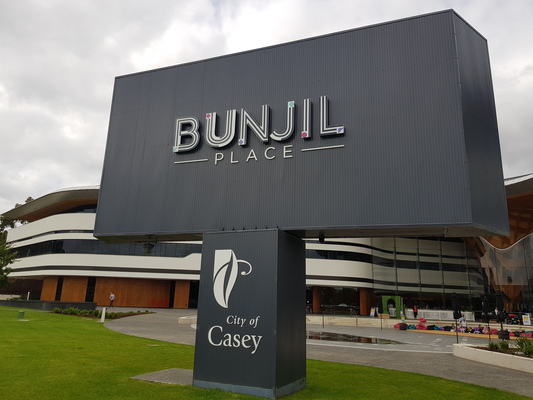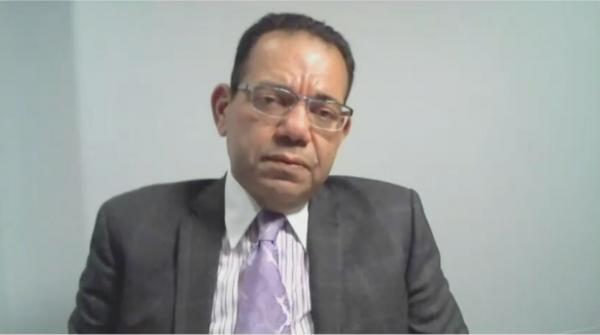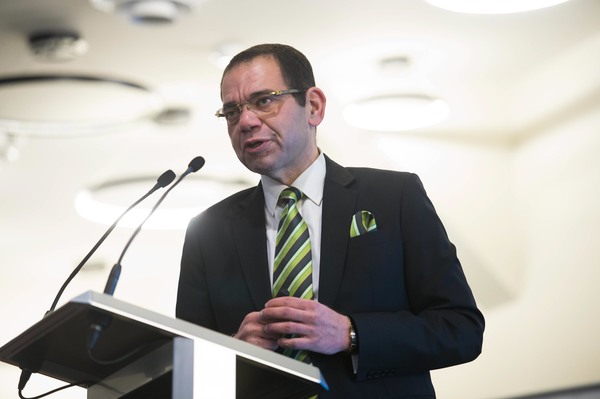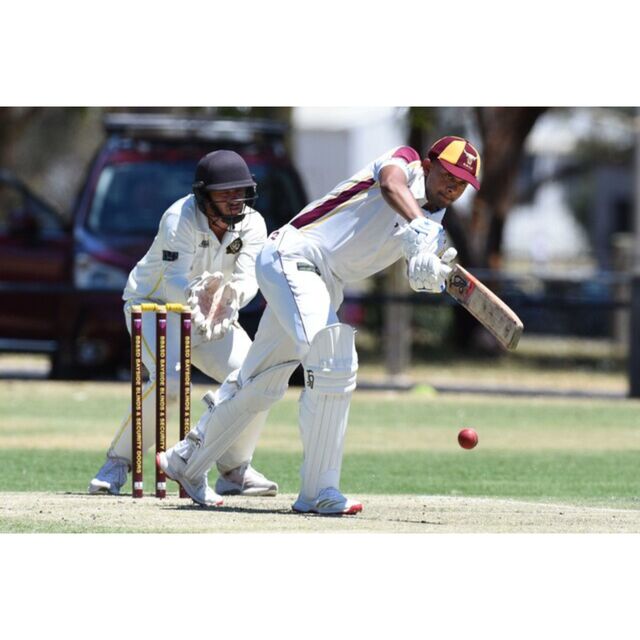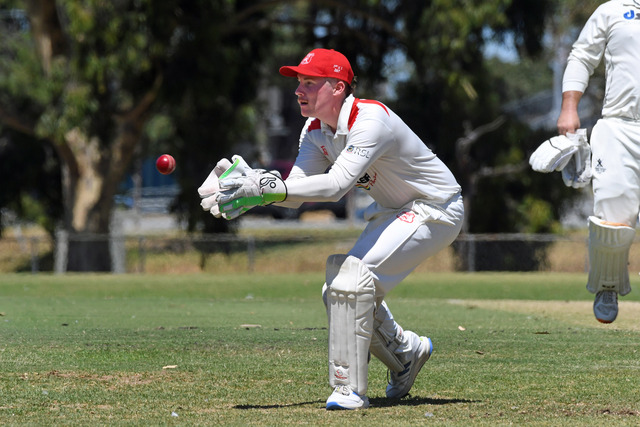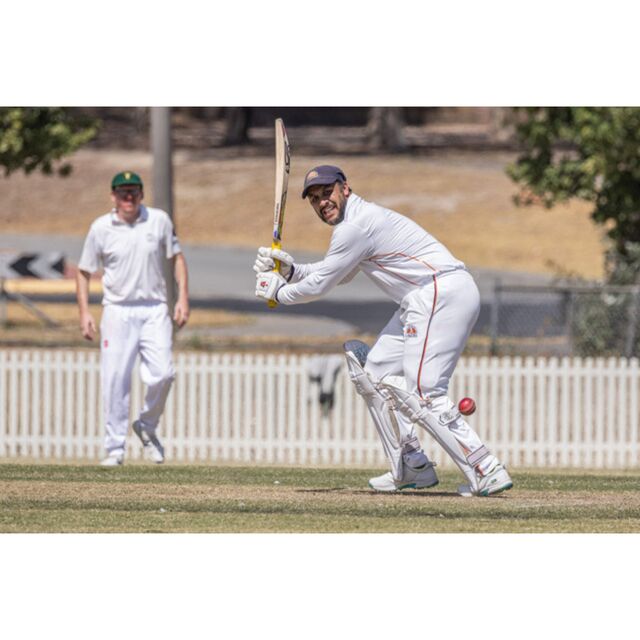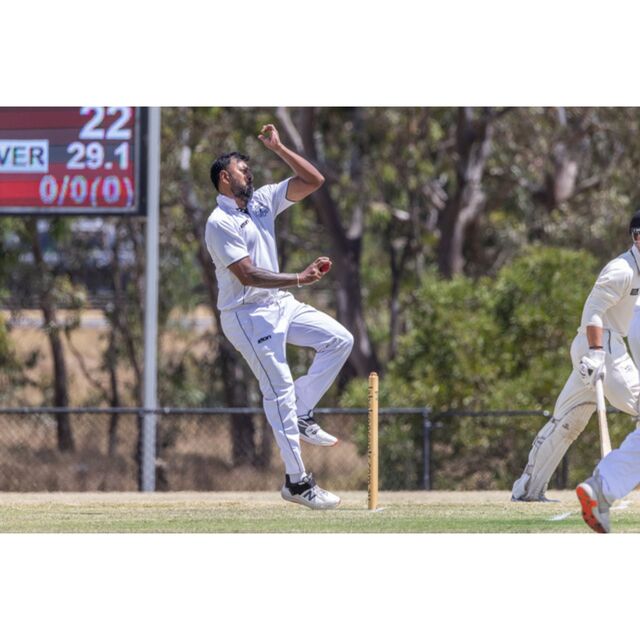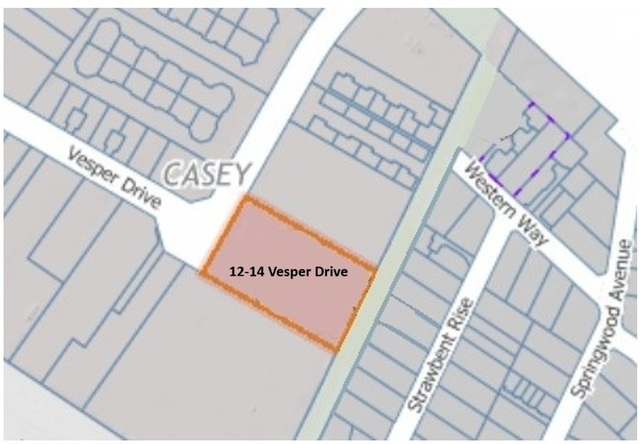Sam Aziz failed to declare a $200,000 cache of shares in a tech company that he introduced to Casey Council, an IBAC inquiry has heard.
Its proponent Joseph Ghaly stated in an email that he’d discuss with Mr Aziz a “revenue share model” from Lodex’s proposed digital wallet platform for Casey Council.
Mr Aziz was described as “championing” the proposal.
“That email you sent me would actually land me in jail,” Mr Aziz told Mr Ghaly in a tapped phone call on 29 November 2018.
“I’ve deleted it but I would appreciate it if you can send me another email which is proper … ”
An apologetic Mr Ghaly says “I obviously took too much liberty … as if I was talking to you directly”.
The pair discuss reframing the email that puts Mr Aziz at “complete arms-length” since Mr Aziz was an investor.
Mr Aziz would then forward the email to Casey’s administrators to consider the proposal.
“My role is to open the door and get him in before the Council, to make the presentation and then other people will have to make the decision,” he tells Mr Ghaly.
At the Operation Sandon inquiry on 24 November, Mr Aziz said it was “absolutely not true” that he was being offered a kickback.
Counsel assisting IBAC Michael Tovey asserted: “That’s why you were so upset because you had in writing a record of your previous arrangement, which you knew once recorded in an email was likely to end up with you being jailed for it.”
Mr Aziz said he advised Mr Ghaly that the email was “inappropriate” and that Mr Aziz had to “play by the rules”.
Conflict of interest provisions didn’t apply when councillors introduced proposals to officers, he told the inquiry.
“The only inappropriateness would be if this had then proceeded and I didn’t declare a conflict of interest at the time the council was making the decision.”
The IBAC inquiry heard that Lodex briefed Casey officers in March 2018.
The following month, Mr Aziz discussed a proposal to join Lodex’s board, and to receive 0.05 per cent of Lodex’s raised capital, Mr Tovey said.
It was also proposed that Mr Aziz got 5 per cent of capital raised from individuals that Mr Aziz introduced.
Mr Aziz said he couldn’t recall who initiated the proposal. He declined the invitation to join the board.
In June 2018, he paid $50,000 in digital currency for Lodex shares with a “face value” of $200,000 – a 75 per cent discount.
“There was no profit of $150,000. I’m even not sure if I can get my initial $50,000 back,” Mr Aziz told the inquiry.
“Anyone would have gotten the same deal as me, and indeed a lot of investors got exactly the same deal.”
He didn’t declare his financial interest to councillors or council officers because “no one had an interest beyond that initial meeting”.
On Casey councillors’ register of interests in July 2018, Mr Aziz wrote ‘N/A’ rather than declaring the shares.
“It didn’t enter my mind because to me it was an investment and in the ether.
“It hadn’t materialised into anything.”
IBAC Commissioner Robert Redlich asked if Mr Aziz saw an “inappropriate” pattern of commercial interests “where you sought to derive a benefit which involved the council”.
“No,” Mr Aziz replied.
“The only pattern that exists is the fact that I was introducing innovation and ideas to the officers.
“If an opportunity comes across my desk, I always wanted to bring it to the forefront of thinking in the City of Casey because it’s all about innovation.”
The digital wallet platform was touted as an opportunity for Casey Council to be paid in cryptocurrencies.
Mr Aziz said he introduced Lodex’s representatives to Casey officers because their technology fit Casey’s Smart Cities strategy.
Casey Council ultimately chose not to accept Lodex’s proposal.

